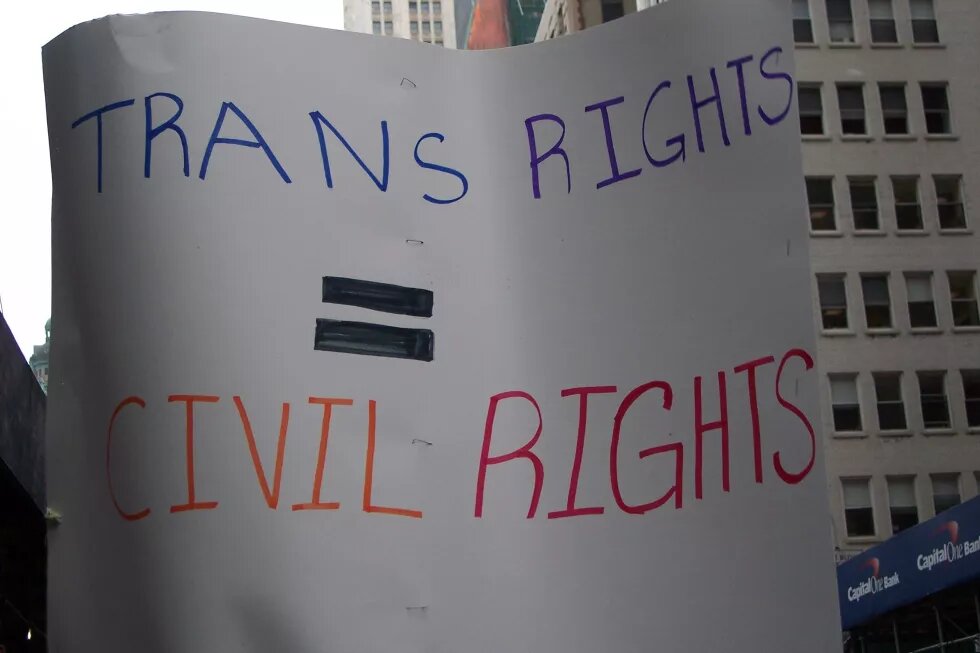
Ordinary things like picking up a parcel, opening a bank account or simply using a personalized public transport ticket can become a daily source of difficulty if your gender identity does not match the legal gender or gendered first name that is recorded on your ID card, passport, and other official documents. Still 13 member states of the European Union require a trans person to be sterile in order to change name and gender marker, while four member stated to not provide legal gender recognition (the possibility to change name and gender) at all.
Trans people therefore frequently have to reveal their transgender identity against their wishes. This not only violates their right to privacy, but it also regularly leads to discrimination and violence. For example, educational and employment certificates that do not reflect the gender trans people live as are a common driver for unemployment amongst trans people. As a consequence, many trans people are excluded from society and the job market and fear to come out.
Transgender Europe (TGEU), the umbrella organization, which works towards the full equality and inclusion of all trans people in Europe has started the campaign Access All Areas! Recognition Opens Doors. Through the campaign, TGEU aims to raise awareness about gender recognition legislation as a human rights issue and to inform decision makers about concrete measures they can take to advance better gender recognition legislation. The campaign urges decision makers and the wider public to recognize the serious human rights violations that trans people face in their everyday lives because of the lack of human rights compliant gender recognition laws and procedures. Quick, accessible and transparent Legal Gender Recognition prevents discrimination, protects a person's privacy and is the basis to a life lived with dignity.
In the framework of the Access All Areas campaign TGEU published and disseminated a wealth of material, including five posters and postcards addressing the problems with sterilization, divorce and expert opinion requirements, discrimination in employment, and bullying and harassment in schools, as well as a legal gender recognition factsheet, toolkit and checklist.
Furthermore, TGEU supports ILGA-Europe's Come Out 2014 - European Elections campaign, which aims to mobilise support for human rights and LGBTI equality among the candidates for the next European Parliament and European Commission and to energise LGBTI and trans organisations and individuals across Europe to vote. Part of the campaign is the 10-point Come Out 2014 Election Pledge, which candidates for the European Parliament are invited to sign. These are the demands:
- Adopt an EU Roadmap on LGBTI equality
- Enforce human rights within the EU
- Complete the EU anti-discrimination law
- Combat homophobic and transphobic violence
- Promote an inclusive definition of family in EU policies
- Take a lead in protecting trans rights
- Take action against school bullying
- Tackle discrimination and inequalities in health
- Ensure effective protection for LGBTI asylum-seekers
- Make the EU the world champion of equality for LGBTI people
TGEU and ILGA-Europe have compiled a document highlighting why and how these 10 points of the pledge are relevant to trans people.
The rights of trans people are regularly violated in all spheres of life (conditional access to legal gender recognition, obligation to divorce, forced sterilisation, etc.). This is why we urgently need a comprehensive approach to enforce human rights for all within the EU.
TGEU’s “Access All Areas! Recognition Opens Doors” Campaign materials can be found here: http://www.tgeu.org/AccessAllAreas
Come out and vote!
ILGA-Europe video campaign to promote vote at the next European elections on the 22-25th of May

